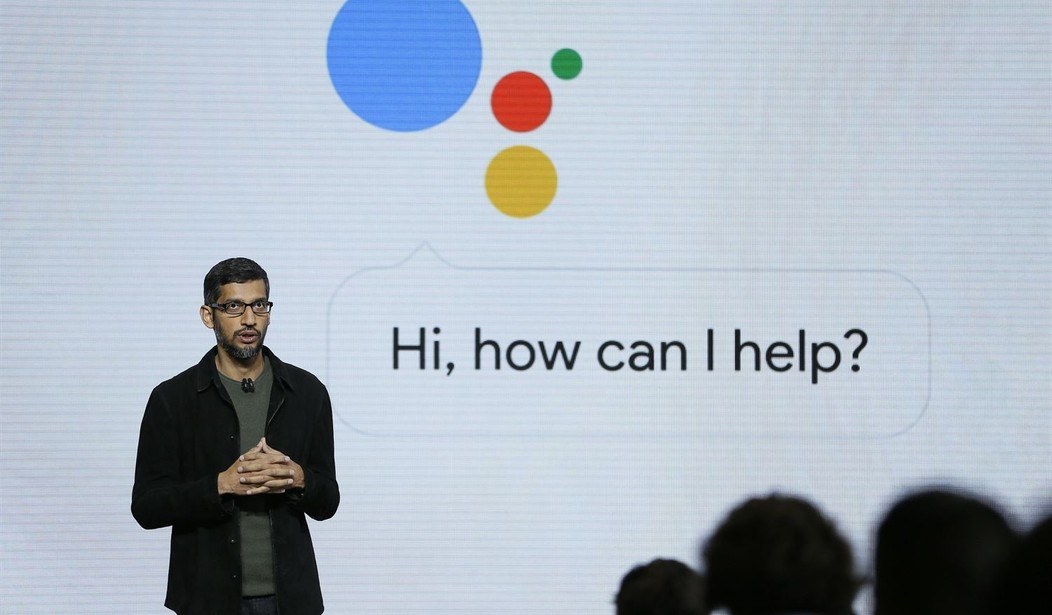Individual data ownership is a major, underappreciated issue in the 21st century. The question of which of the bits we generate in copious quantity is protected is unclear but potentially important, probably far more so than “climate change.” Although there may be debate over where a complex system like the planetary climate will be in fifty years’ time, there is little doubt that the public’s custody over its own information will slip away unless something drastically changes right away.
Perhaps the Fifth Amendment’s most famous protection is the right against self-incrimination. As it reads, no person “shall be compelled in any criminal case to be a witness against himself[.]” At first blush, this seems straightforward. If I’m accused of a crime, I don’t have to give any testimony that could lead to my conviction.
Unfortunately, courts have struggled to apply this to the digital age, particularly when it comes to entering passwords into a phone. Your password, after all, is stored in your head. If your phone contains potentially incriminating information, and you’re asked to produce the password, aren’t you being asked to testify against yourself? … courts have consistently held that any “link in the chain of evidence” that could lead to incriminating evidence is covered by the Fifth Amendment.
Courts have failed to come to a universal conclusion on this. It’s time for the Supreme Court to step in and enforce the proper, originalist meaning of the Fifth Amendment.
Information about where we have been, what we have bought, etc., may today be found not only on our phones but throughout the information environment we inhabit: emails, social media, and location data all bear witness to our innermost actions. Much of this data is used to benefit private companies and government, who have an interest in harvesting ever more of it. Attempts to keep individual information from being commercialized by “data monarchs” has been criticized as “injecting enormous friction into free flow of information … a significant amount of data sharing serves important public interests and values. The friction and disruption from any system of payments for data would undermine these interests and values … with little benefit for individual privacy.”
In fact, protecting individual data with property law has been criticized by some legal scholars as cheapening the special nature of privacy. “Warren and Brandeis argued that the privacy aspect of data is more critical than the humdrum dullness of property and commercial law,” that there was a danger that those who could not afford the protections of property law would have no defense at all.
A counter-argument to that is that property rights are the most potent form of a socially enforced construct in the common law sphere. John Hagel III and Marc Singer argue that the value of the personal data is the social cost of data protection, as well as a company’s valuation of such information. In this paper, they advocate for the idea of an infomediary, which is when the owner of their data recognises the value of the data, they can commercialise it through a trusted agent and make money and profit through their own means.
Whether the basis is property law or political value per se, stronger individual data rights travel in the opposite direction on the individual versus state axis from climate change, which decidedly moves in the direction of empowering the state, or as some would put it, “the public interest.” Comparing the two issues, perhaps it is individual rights, contrary to conventional wisdom, that is more important than “climate change.”
One might make the somewhat paranoid case that “climate change” control is a pretext for a flanking attack on individual freedom, which is the true object because that’s where the money and power are, in much the same way that anti-COVID-19 public health measures were, in China at least, as much about keeping the lid on dissent as controlling a virus. However that may be, because digital tracking and control (or exemption therefrom) is such a ubiquitous thread across public policy issues, the question of data ownership and privacy, though minimized, must inevitably come to the fore.
Sooner or later society is going to have to determine who controls the dreams bucks are made of. The crisis, when it comes, may arrive because the Big Guys cannot withstand the same standard of self-incrimination and data appropriation that the hoi polloi are exposed to. At present, certain laptops may manifestly be ‘more equal’ than your cellphone, because their owner is more politically powerful than you. The powerful have other means of avoiding bearing witness against themselves.
The Subcommittee on National Security, Emerging Threats and International Relations of Congress warned back in 2004 that security classification could have the same effect as the selective application of privacy. “Current classification practices are highly subjective, inconsistent and susceptible to abuse. One agency protects what another releases. Rampant overclassification often confuses national security with bureaucratic, political or a diplomatic convenience.”
The dangerous, if natural, tendency to hide embarrassing or inconvenient facts can mask … The entire report of Major General Antonio Taguba, detailing the mistreatment of Iraqi prisoners at Abu Ghraib prison, was classified, though it did not reveal intelligence sources or methods. Even in this committee, we saw how the Pentagon retroactively classified sections of a report critical of the proposed national missile defense plan
While few protections are afforded to individual data, the databases in which they are aggregated are ironically very aggressively defended against commercial or State competitors. “A congressional estimate in the U.S. placed the cost of Chinese intellectual property theft at 225–600 billion dollars yearly. According to a CNBC survey, 1 in 5 corporations said that China has stolen intellectual property within the previous year, while 1 in 3 said it had happened some times during the previous century.
In 2020, FBI director Christopher Wray claimed that Chinese economic espionage amounted to one of the largest transfers of wealth in human history. According to CBS, Chinese state actor APT 41 has conducted a cyber operation spanning years, stealing intellectual property worth trillions of dollars from about 30 multinational companies.
While there is more than a little irony in this defense of the big and abandonment of the little, it is undeniable that unless this problem is solved for both great and small, the strain can only increase.
Books: Against the Great Reset: Eighteen Theses Contra the New World Order Kindle Edition by Michael Walsh (editor). In this timely and necessary book, Michael Walsh has gathered trenchant critical perspectives on the Great Reset from eighteen eminent writers and journalists from around the world. Though I wouldn’t exactly consider myself an eminent writer, mine is one of the 18 chapters in this book, and I think it’s worthwhile.
Nimitz at War: Command Leadership from Pearl Harbor to Tokyo Bay, First Edition by Craig L Symonds. From America’s preeminent naval historian, the first full-length portrait in over fifty years of the man who won the war in the Pacific in World War Two.










Join the conversation as a VIP Member